I’ve never been able to find a dichotomy between being an historian and a theologian–or a good historian and a Christian, putting it very bluntly. I do not believe that gods and goddesses or anyone ever comes out from heaven and produces divine babies; I don’t believe it actually happens. Nor do I think that Jesus, in a literal sense went up to heaven to take his place at the right-hand of God.
John Dominic Crossan
Many years ago at the University of Notre Dame the brilliant philosopher/theologian Philip Devenish gave a lecture provocatively titled with the question: “Can a Christian Be A Historian?” Devenish’s response was essentially “no,” assuming one defines a “Christian” by the affirmations of the traditional creeds–that Jesus was born of a virgin, raised from the dead, ascended bodily into heaven where he sits at the right hand of God, ready to return in the clouds of heaven and usher in the last judgment. Devenish argued that this is not and can not be the stuff of historical investigation, of Jesus or any other human being of the past. We can talk about the development of ideas, theological or otherwise, but no historian can take literally tales of gods impregnating women, walking on water, turning water to wine, dead people being resuscitated and taken bodily to heaven, or any other mythological story. There is nothing wrong with myth–unless you confuse it with history!
Devenish was of course familiar with ways of “demythologizing” these Creedal statements, and indeed Bultmann was one of his heroes, along with Hartshorne and his teacher Shubert Ogden. His point was that unless Christians are willing to take seriously the differences between “myth and history” they were bound to end up “outside” the bounds of the academic study of religions. For more on this from my own perspective as a historian of early Christianity see “Do Historians Exclude the Supernatural?”
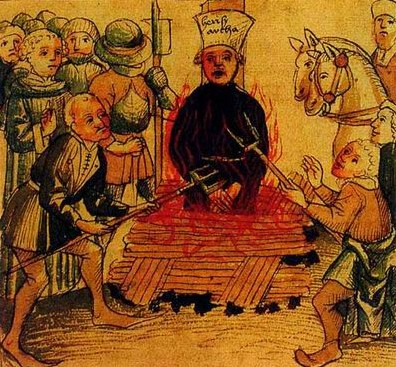
That was in 1979 and I had just taken my first teaching position at Notre Dame in the wonderful and thriving Department of Theology that the brilliant and visionary David Burrell had helped to shape for over a decade. Though surely Christian, and Roman Catholic at that, the Department of Theology required no faculty to sign creedal statements and a number of prominent non-Catholics, including several “historians,” happily taught there in those days. I was hired to teach Christian Origins and my approach and method was precisely what they have continued to be now for over 30 years. My courses on Jesus, Paul, and so forth fulfilled the required two courses in “Theology,” for all bachelors degrees. Unfortunately, there was a Hesburgh inspired “purge” in the 1980s resulting in a half dozen or so of us moving on by choice (Robert Wilkes to UVA, Stanley Hauerwas to Duke, Philip Devenish to the University of Chicago, etc.). Today, I am happy to note, so far as I can tell, the Department of Theology at Notre Dame is once again thriving in terms of an academic approach to the study of religions.
I subsequently moved on to the College of William and Mary in their wonderful Religion Department, and now for nearly 30 years, the Dept. of Religious Studies at the University of North Carolina where I have carried out my teaching, research, and writing, in absolute and open freedom.
Judging from the 500-page “telephone book” sized program of our upcoming Society of Biblical Literature and American Academy of Religion annual meetings in Denver, CO, this November 17-20, 2018, the general field is “alive and well,” even thriving. The index lists about 4500 scholars presenting papers or otherwise appearing the program of the AAR/SBL and about 150 affiliated academic groups. And this does not include the several thousand who attend ASOR–the American School of Oriental Research, with a focus on archaeology–that meets the same week in Denver. That said, many of the members of both societies are affiliated with parochial institutions and organizations, some of which have “faith” requirements for their faculty. Some enjoy academic “accreditation” though many do not, and lots of those would not even desire such. We are quite a motley crew of fascinating individuals and groups all interacting. I just spent about three hours looking carefully through the program and it is a bit overwhelming–in both a good and bad sense of that term. For those readers who are not professional academics, there is also the Biblical Archaeology Society “Bible Fest” that meets over the same period in Denver, drawing a couple dozen scholars who offer single lectures on their areas of expertise for the non-specialist, see 21st Annual Bible and Archaeology Fest 2018 for details. I will be presenting there as well, on the Hebrew Gospel of Matthew.
About ten years ago Ron Hendel opened a huge can of worms with his provocative editorial in the Biblical Archaeology Review titled “Farewell to SBL: Faith and Reason in Biblical Studies.” Ron explained his genuine grief over the trend in the Society of Biblical Literature over the years to dilute its standards of historical-critical biblical scholarship by sanctioning “faith-based” approaches to biblical studies as part of the academic enterprise to which higher education is committed. You can read Ron’s piece below, as well as the official SBL response and subsequent heated discussion archived at the SBL website here. That was then and this is now and I am not sure what Hendel’s take on the current state of Biblical studies in the Society are at present. I hope to see him in Denver and ask him firsthand–if so I will report back to you all. I have my own views but will reserve judgment until I return from this year’s meeting with my eyes and ears wide open.

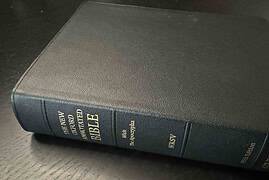
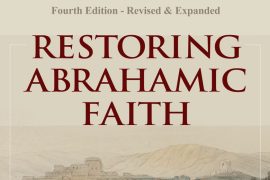
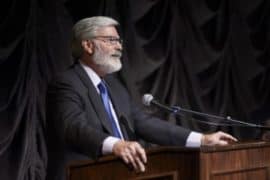
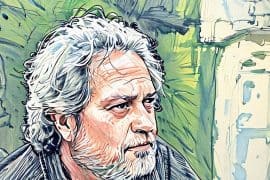
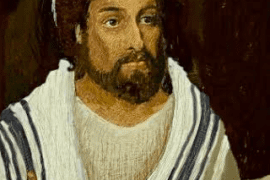
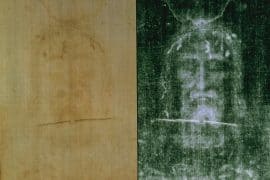
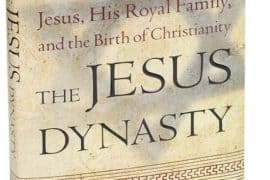
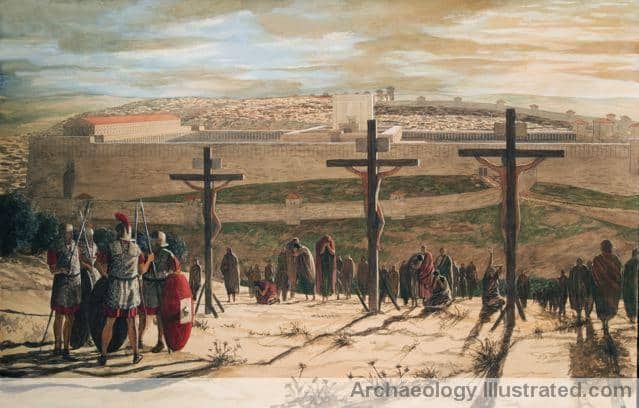
Comments are closed.